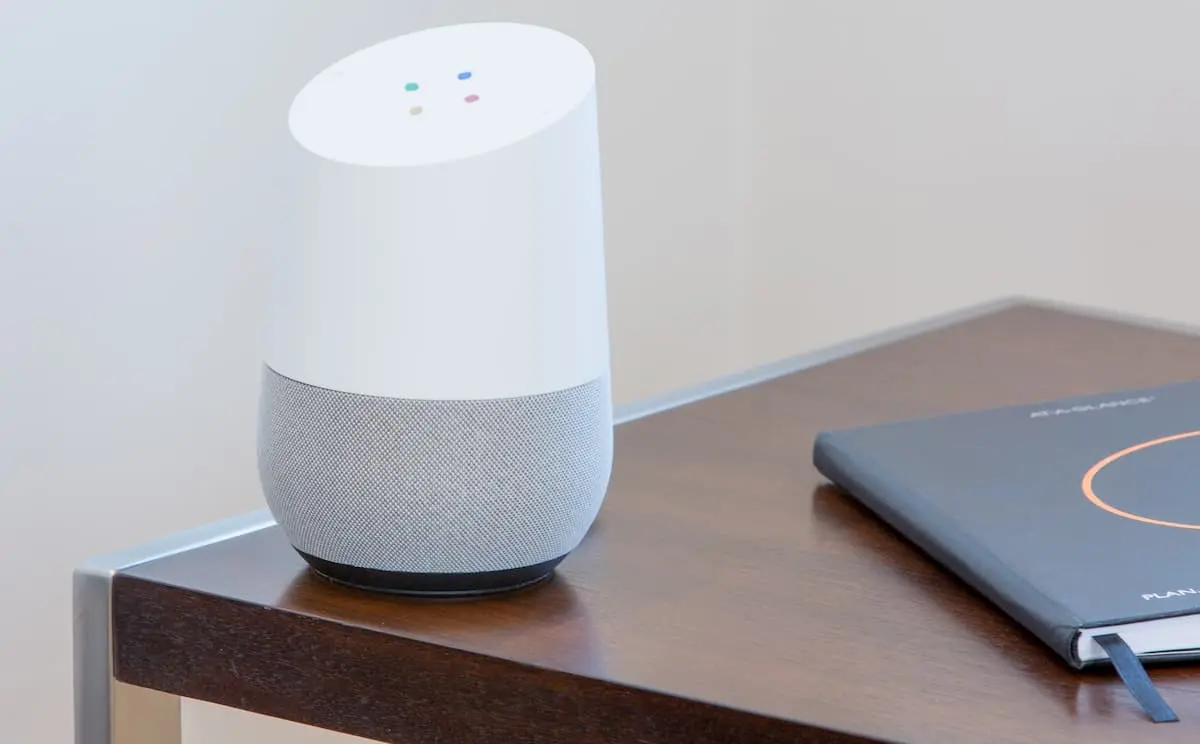Go ahead. Ask your Google Home, “Google, did you fart?”
Believe it or not, Google Assistant, the AI-enabled voice assistant bot behind Google Home, has an answer: “You got me. I farted. It was me. Definitely not someone else in the room.”
Voice assistants are powered by algorithms that parse tons of data. They take action—answering your questions and commands or completing a task—by using AI like machine learning and natural language generation. As the voice assistant stores the data on the cloud, it uses complex algorithms to learn and better predict users’ needs in the future.
The team behind Google Assistant’s wry responses to myriad questions, according to a story by CNBC, is exploring the line between giving it personality without making it too personal. Led by Ryan Germick (@ryangermick), they debate some of the most interesting “philosophical pivot points” that give Google Assistant a playful disposition without pretending to be human.
The Personality Behind Voice Assistants
Germick’s team, as he reported to CNBC, “has got to be one of the most diverse teams in all of Google.” Comprising it are employees from more than 20 different countries with backgrounds in television, journalism, creative writing, improvisational comedy, and more.
One challenge they face is slightly altering Google Assistant’s personality to mesh with different cultural norms. Germick explained, “We have some really corny, punny humor in the U.S. and that tends to go pretty well here. But in the UK, the humor is a little more wry. In Germany, puns are not so popular.”
Amazon Alexa’s team has faced similar challenges over time, reporting that they programmed things like Monty Python jokes for the UK audience.
Unique to Alexa is the challenge of developing personality for third-party apps, which Amazon refers to as “Skills.” Amazon prefers to seamlessly blend Alexa and Skills (as opposed to Google Assistant, whose personality is distinct from third-party bots), which results in restrictions on outside developers. For that reason, they often revert to Alexa’s default personality.
That personality has become increasingly more lifelike over time. Past updates have given Alexa the ability to whisper, pause for emphasis, and change her speech rate and pitch.
Meanwhile, Apple’s Siri has historically struggled to catch up to Alexa and Google Assistant in terms of personality. Apple fanatics have long suggested that this could be due to Apple’s insistence that Siri be used as a serious, task-oriented assistant instead of answering trivia questions.
All of this personality being injected into non-sentient bots begs the question, how human should voice assistants be? Germick answers for the Google Assistant team: “One of our principles is that we speak like a human but we don’t pretend to be one. We’re not trying to fool anybody. But to be honest, where we draw the line is—we’re not really sure. It’s so new that we’re constantly trying to figure out what the right line is.”
Interested In Learning More About AI?
Hundreds of marketers will embark on Cleveland, Ohio for the premier marketing AI event from July 16-18, 2019. The Marketing Artificial Intelligence Conference (MAICON) exists to educate modern marketers on the present and future potential of artificial intelligence. Want to join in? Register today
Elizabeth Juran
Elizabeth Juran is Ready North's director of operations. She joined the agency in March 2017 with a background in corporate marketing and communication.



